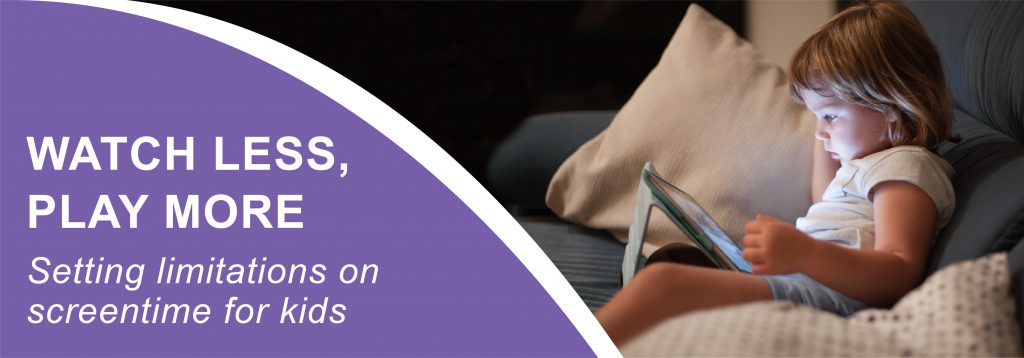
Parents today have no shortage of information and input on raising a child. It’s easy to get overwhelmed, especially for new parents. We want to ensure our children have all that they need to grow and develop normally, but sorting through the mountains of recommendations can be daunting, to say the least. For parents of newborns, a frequent topic of discussion during well visits centers around vaccines. Which vaccines does your child need and when should they receive them? Let’s breakdown the most frequently asked questions around vaccines for our littlest patients.
There are a lot of vaccines out there, does my child need all of them?
Just because a vaccine exists, doesn’t mean it is recommended for your child. Your doctor will discuss with you the routine vaccination schedule, which is based on current recommendations from the American Council on Immunization Practices. This schedule applies for all children living in the U.S. Additional recommended vaccines based on travel, disease outbreaks, or other unique circumstances, can be discussed with your doctor on an individualized basis.
Why does my baby get so many vaccines before they are two?
Vaccines are given based on a thoughtfully developed schedule to ensure children are protected when they are most vulnerable or likely to be exposed to an illness. Pertussis (whooping cough), for instance, can be life threating to an infant, so three doses of the vaccine are given in the first year of life. For illnesses that may not impact a child until adolescence, the vaccine is delivered at a later time.
Is it safe to give my baby several vaccines at one time?
Safety is of the utmost concern when giving a young child vaccines. That’s where the Centers for Disease Control’s Recommended Vaccine Schedule comes in. Extensive study and analysis have demonstrated conclusively that there is no risk or harm in giving multiple vaccines at once. Specifically, the Recommended Child and Adolescent Immunization Schedule in the U.S. has been carefully examined and has been proven to be safe and effective.
Does my child need vaccines?
Definitely. In addition to protecting our own children from serious, life-threatening illnesses, we all need to be mindful of the risks we pose to others to when we don’t vaccinate. We’re constantly interacting with others in public (for example at school, playgroups, parks) and there are many people that are not able to receive vaccines. These individuals include infants or those with compromised immune systems from chemotherapy or other conditions, are at mich greater risk of severe illness or death when exposed to some of these diseases. When you have your child vaccinated, you are helping to eliminate the risk of a harmful disease resurfacing. This not only protects your child, but also helps to protect others who are vulnerable to the spread of vaccine-preventable diseases.
How do I know which vaccines my child will receive for the first two years of their life and beyond?
Your baby’s provider can discuss the vaccine schedule which is right for your child. Talk with your pediatric provider about which vaccines your child needs, and when he or she should receive them.
Don’t skip vaccines or checkups, or ignore concerns about your child’s health. IHA Pediatricians are offering options like telehealth and have implemented strict safety measures in practices. Call to schedule an appointment with your pediatric provider today!
Originally posted June 2019



